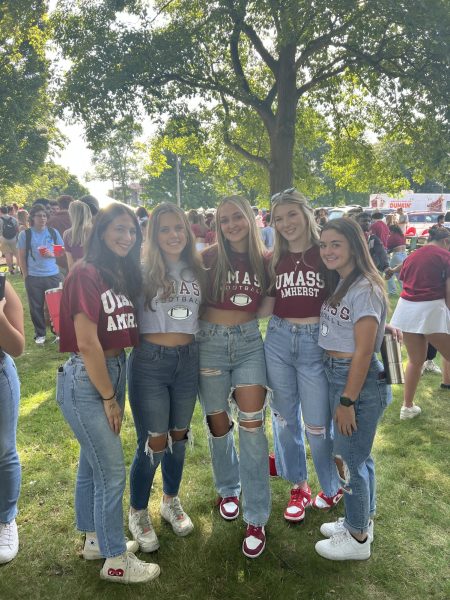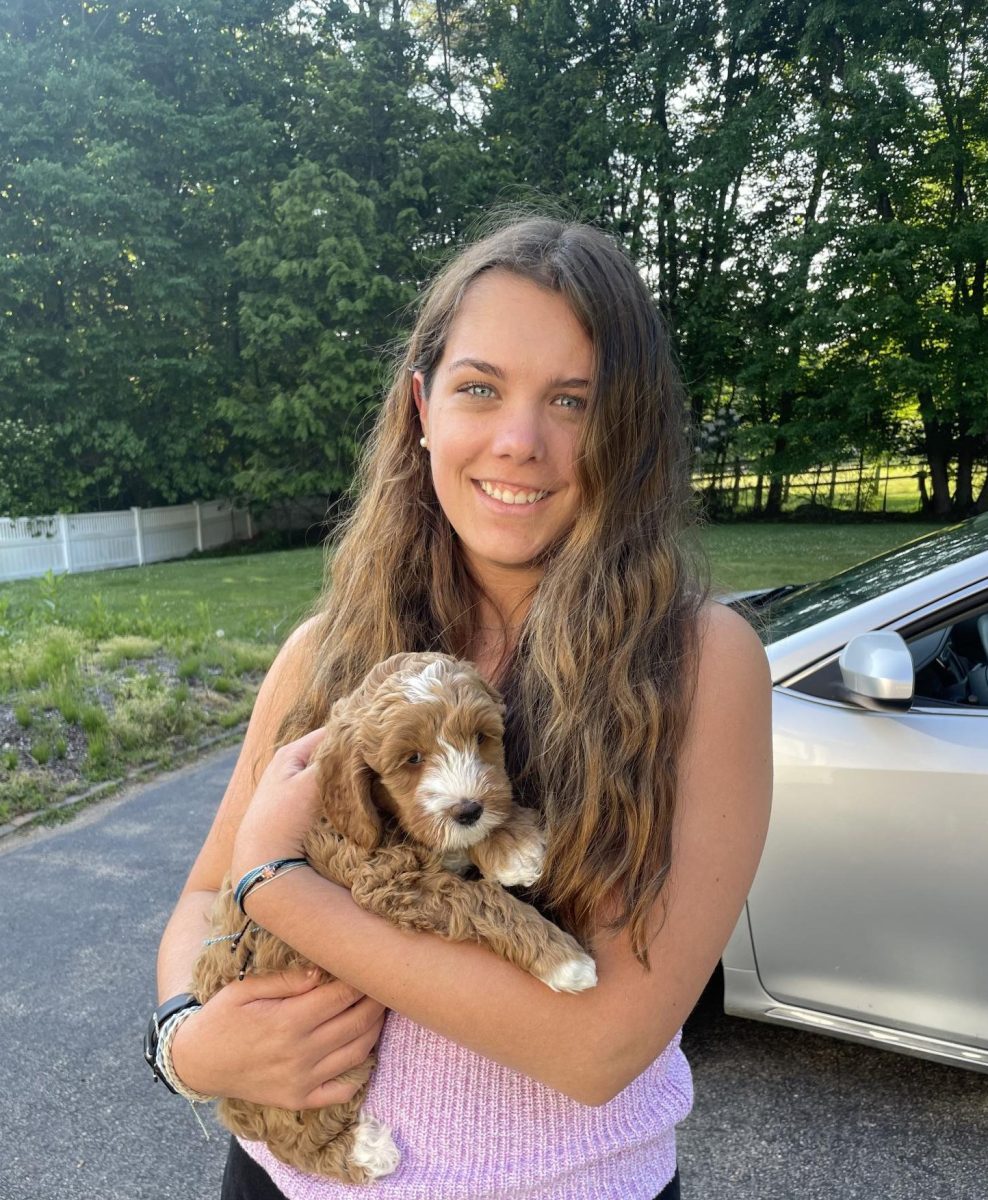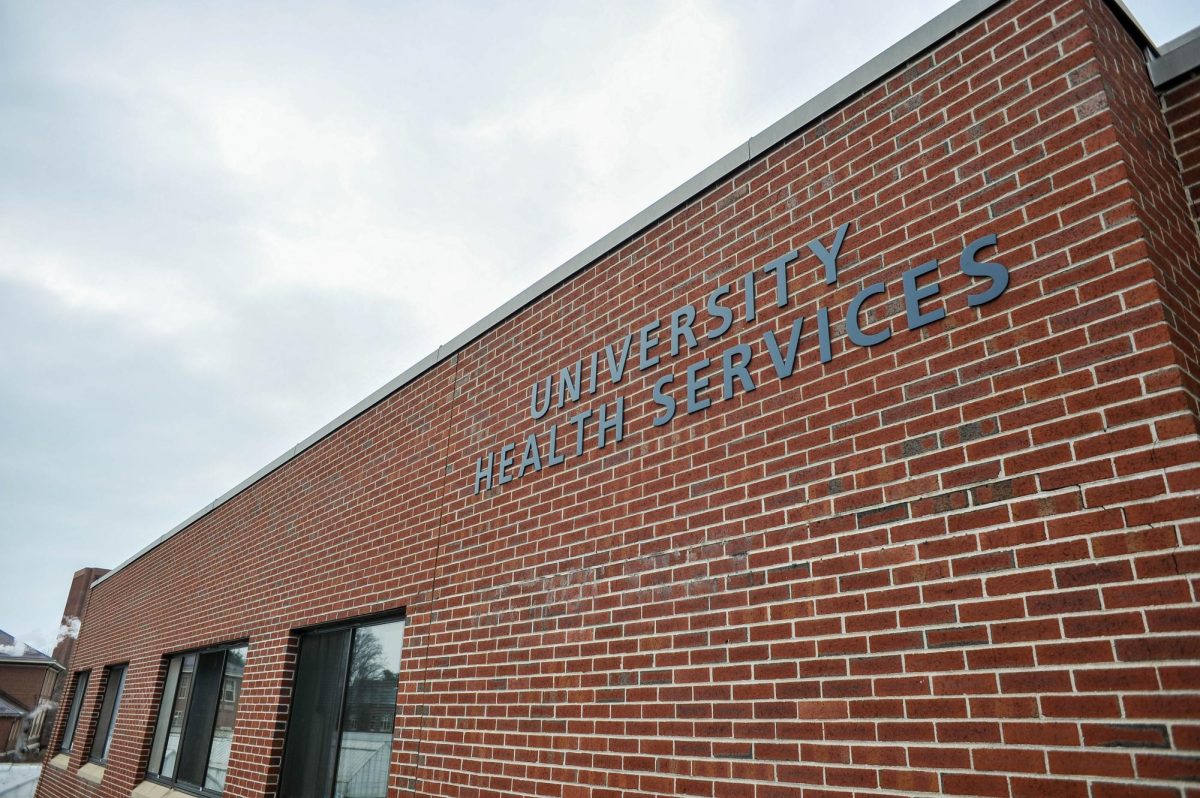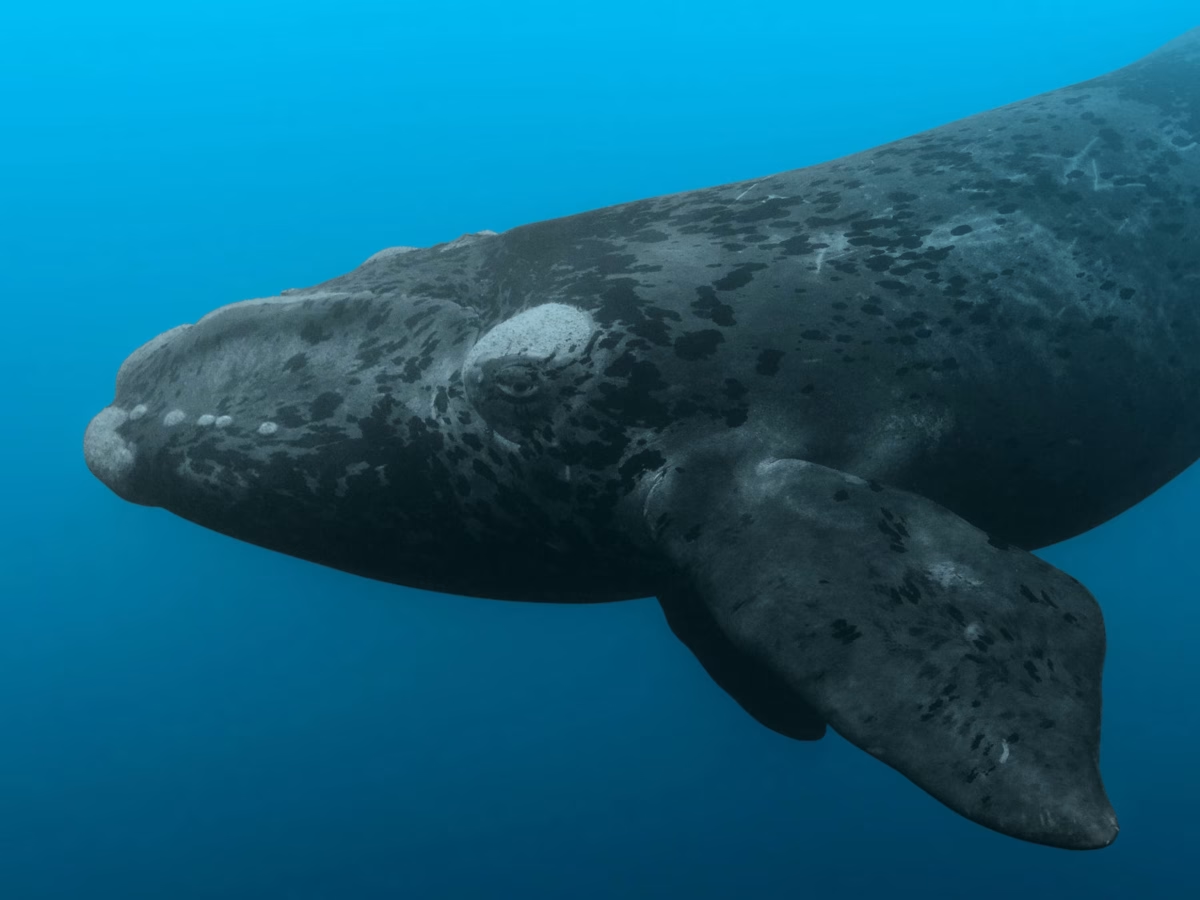Dear University of Massachusetts Community,
We are writing in hopes of reaching a larger audience associated with the UMass community. We want to tell as many people as we can about the medical journey our daughter, Nellie, is facing and ask for help from the community.
Nellie is currently in her second semester as a sophomore at UMass. She is studying education and psychology and is a member of the Commonwealth Honors College.
In February 2023, Nellie was told she would eventually need a kidney transplant but hadn’t reached the qualifying glomerular filtration rate, an indicator of eligibility for the national transplant list. In the beginning of this year, Nellie was told by her doctors at Beth Israel Deaconess in Boston that her GFR qualified, and that she would be placed on the national transplant list.
There are two types of kidney donations a patient can receive: deceased donation and living donation. A deceased donation comes from someone who has passed away and registered to be an organ donor, while living donations are from someone who is alive and has made the decision to donate a kidney to someone in need, either someone they know or a stranger. They go through testing to make sure they are healthy, which is confidential and operates independently from the patient. The donor’s best interest is always held in high regard.
The dilemma with deceased donation and the national transplant list is that the wait for a kidney is about five to seven years for a deceased donor. There are approximately 93,000 people waiting for a kidney right now in the U.S. Last year, approximately 27,000 kidney transplants were performed in the U.S., which was the most ever in a year. There are 3,000 people added to the national registry every month, and 13 Americans die each day because they didn’t receive a kidney transplant. These facts are dire.

The doctors in Boston have told us that the best way for Nellie to live a healthy and vital life is for her to find a kidney through a living donation. This is because if she does not get a kidney from a live donor within the next 12 months or so, she would likely experience stage five renal failure and have to be on dialysis, which would strongly impact her quality of life. Dialysis impacts a patient in many ways; it makes them weaker, tired and depressed. They also must go for treatment three times a week or do treatment every night in their sleep. This would deeply change a 20-year-old’s life and take away her youth and normalcy, hence our sense of urgency.
Live donation is also typically a much better route since it is planned, and they are a better match for the recipient. There is less of a chance of rejection, they typically last longer and start working in the operating room. Deceased donations are typically not as good of a match; they also have a higher rate of rejection, don’t last as long, are unplanned and take a longer time to be regenerated in the body and start working.
Because of Nellie’s age, she will need to undergo multiple kidney transplants in her lifetime; at 20 years old, she is an anomaly. The median age of a kidney transplant patient last year in the U.S. is over 70 years old. Our transplant nephrologist said the biggest inhibitor of success in Nellie’s age bracket is defiance, as the young patient is so upset that they’re going through all of this that it seeps in and affects their medical care.
Thankfully, Nellie is and has been a model patient. She has been associated with the Children’s Hospital on a regular basis since she was two years old. She has been diagnosed with three rare disorders and was nominated to be a Make-A-Wish kid in 2017. She recently received her wish, a puppy named Hope.
We could go on and on about the arduous road Nellie has had to travel only to get one of the worst possible outcomes, but we think readers will get the point. Nellie needs to find someone willing to donate one of their kidneys so she can live a full and active life. We are reaching out to the UMass community, because it is one of the biggest communities Nellie is a part of. She loves attending UMass, even though her experience is a lot different than anticipated.
We are hoping someone out there can answer our call and prayers and help our daughter. If you are interested in learning more about how to help Nellie please go to this website.
Thank you from the bottom of our hearts for your time and attention.
Best,
Sheryl & Tom, Nellie’s Parents



















